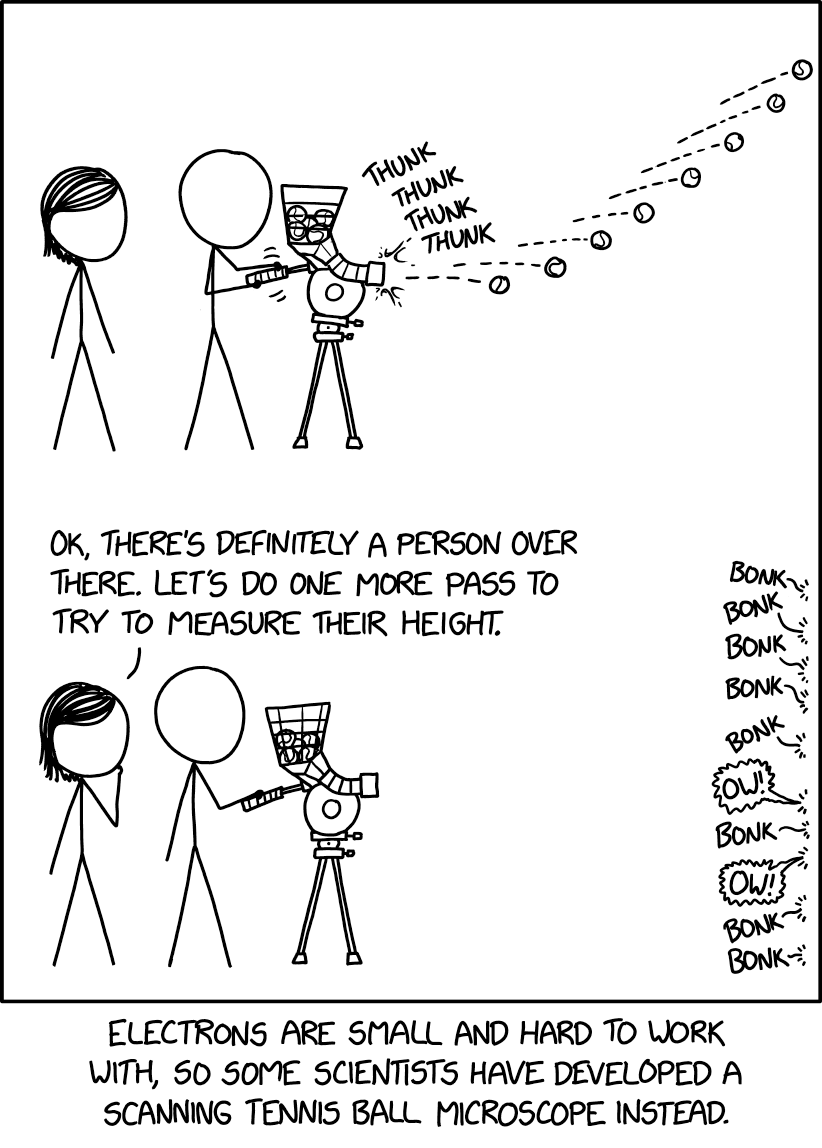Fair point, have edited.
- 2 Posts
- 65 Comments
Do you remember where you played it?
It sounds/looks a little like some of the stuff from bontegames.

 82·1 month ago
82·1 month agoThat’s not bad pricing wise. There’s very very little prosumer gear that’s multi gigabit and it’s all much higher price, or it’s just a PC with several NICs.
If and when we move to hyperfibre this is going to be pretty high up on the list.
I’m not sure that lossy compression on vectors is strictly impossible.
You can do things like store less colour information and simplify splines so that curves are less complex.

 12·2 months ago
12·2 months agoLots of places also have variable limit signs that get updated based on traffic, accidents etc.
Here in NZ those seem to all be marked on the speed limit maps as 100km/h even if in some places the signs never go above 80.
Ngauranga Gorge is one such location and I believe has the country’s highest grossing speed camera.

 8·3 months ago
8·3 months agoOh, I’ve had the name for a lot longer than that.

 90·3 months ago
90·3 months agoAs Someone Somewhere, I urge you to post more.

 55·4 months ago
55·4 months ago603 for maglevs, 574.8 for steel rail, set in France in 2007 by a hotted up, modified TGV.
China holds the record for a stock train at 487, set in 2010.
(all per Wikipedia)
It looks like the article might be implying that they will be the fastest trains operating in revenue service when they enter service, but that surely needs to be demonstrated with a production train in revenue service.

 3·6 months ago
3·6 months agoRegular trains don’t run underground. Lots of opencast mines exist .
Basically all mines have an above ground terminal where whatever you mined is unloaded from your underground trains, lifts, haul trucks or whatever else onto storage piles, then loaded onto the actual long distance trains.
If the mine entry is up a mountain, then the trip down from that point will be a net energy producer regardless of anything else.

 14·6 months ago
14·6 months agoI wouldn’t be surprised if there are electrified railway lines doing the same. Regenerate large amounts of energy into the grid while descending loaded; consume a relatively small amount of energy to haul the empty train back uphill.

 231·6 months ago
231·6 months agoIf you’re thinking of that CGI crane lifting concrete blocks, it’s unfortunately a really bad idea.
Pumped hydro stores energy by lifting weight uphill, instead. Water is basically the cheapest thing you can get per tonne, and is easy to contain and move.
To store useful amounts of energy using gravity, you need pretty large elevation differences and millions of tonnes of mass to move.
Converting between Kelvin and Celsius is simple addition; converting between Rankine and Fahrenheit is simple addition. Converting between the two groups requires multiplication, and pre calculator, that’s notably harder.
Also, all your kJ/kg/°C or BTU/lb/°F tables and factors are identical when you swap to referencing absolute zero. If you change to the other unit system, all that goes out the window.

 28·6 months ago
28·6 months agoI feel dumber having read that.
Banning a whole country because you disliked a company?
Dealing with stuff that’s ‘almost working’ is often harder than starting from scratch; ask any tradesperson.
They also apparently cannot get their heads around the fact that people might give you a discount if you advertise their brand. Ad-supported pricing has been around for a long time; it’s not some voodoo.
The other scores seem to be more about inherent cursedness, not simply ‘there is a far better option’.
I am very surprised that Rankine gets such a high cursedness score. Isn’t it just the same as Kelvin but based on Fahrenheit instead of Celsius?

 67·6 months ago
67·6 months agoUntil the day comes that I get a letter in the mail from the government saying, “Here’s how much you paid in taxes, if you’re cool with that then please disregard”, I will not be satisfied.
NZ does that. More accurately, they email you to tell you that there’s a letter available online - I don’t think they send physical mail by default.
Then they pay any refund straight into your nominated bank account.

 58·7 months ago
58·7 months agoI do feel that eating a Capri Sun with a fork seems like a better idea than installing a bulging battery in a phone.

 7·7 months ago
7·7 months ago“Lossless” isn’t the term you want; that refers to not lossily compressing the main data. Lossless compression or storage of media is very rare outside of text and sometimes audio, because it ends up so large.
You want to preserve metadata. That applies regardless of how lossy the data compression is.




Honestly sounds like Hanlon’s Razor on Google’s part. No collusion necessary, just can’t be bothered to maintain/staff an actual effective system.